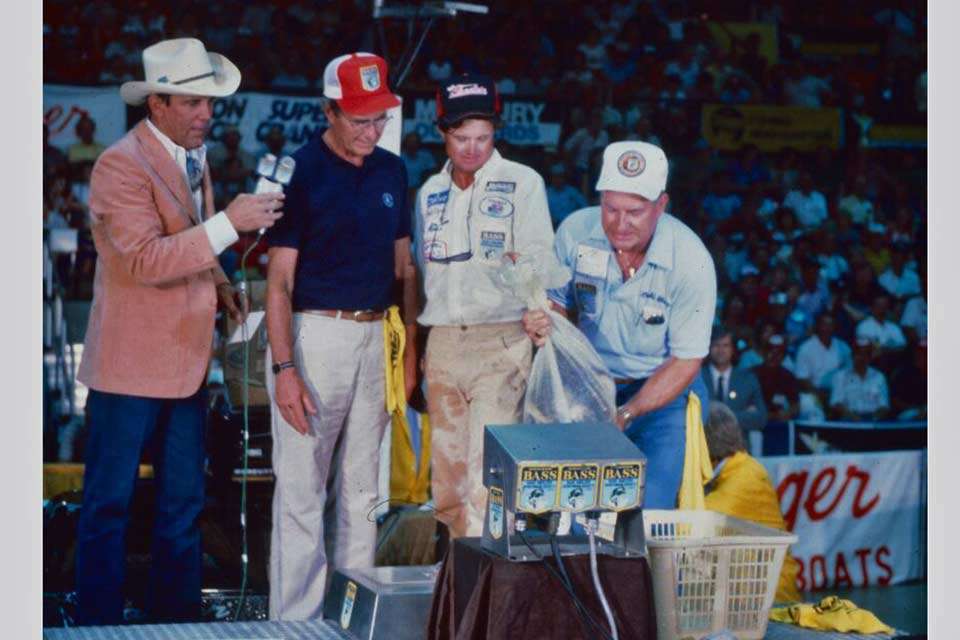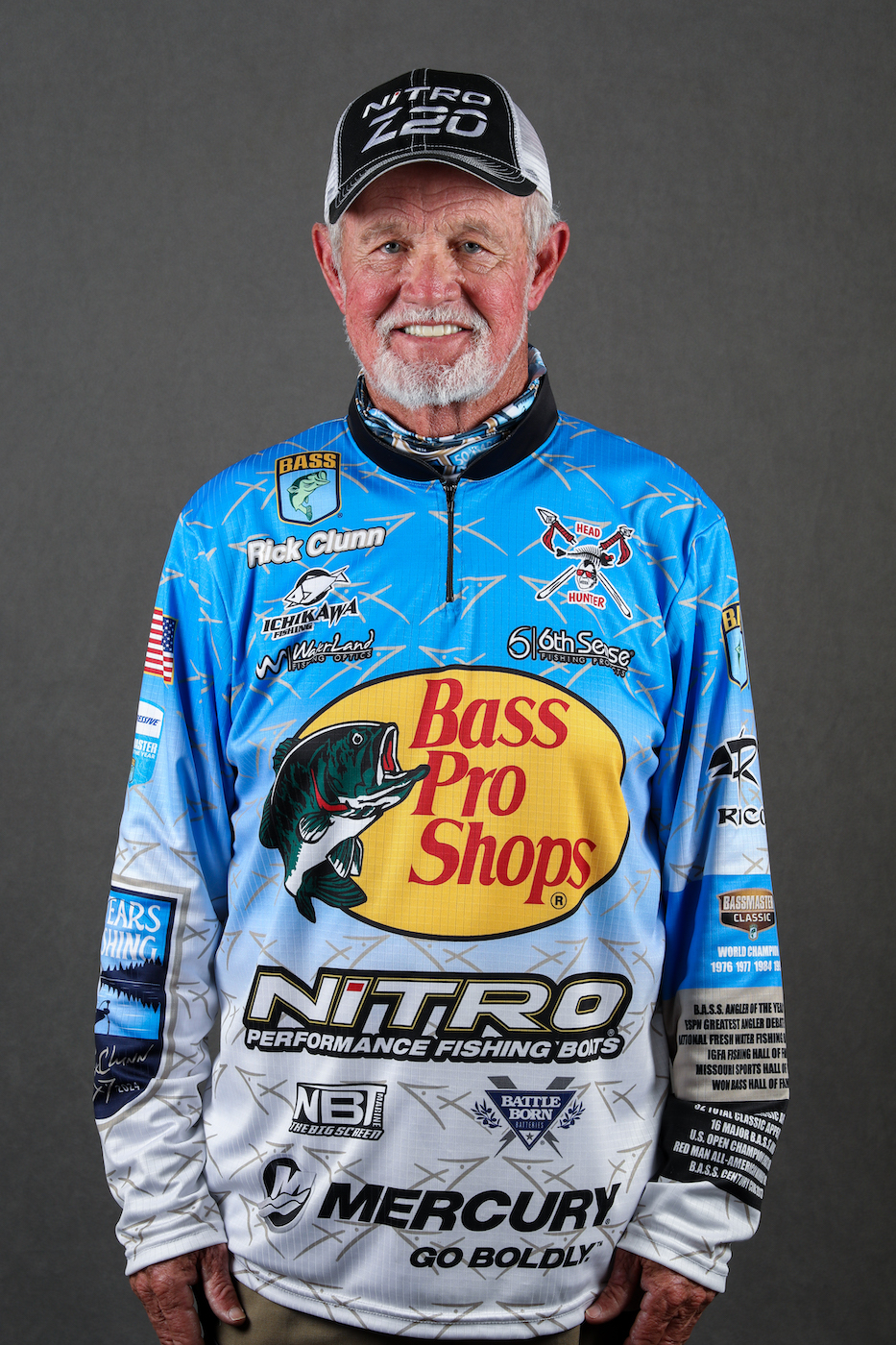
Fishing your first Bassmaster Classic can be a daunting experience, and success often depends upon the attitude you embrace going in.
You can be the guy who is so happy to be there that he forgets to “fish” it or one who realizes he may not get back to the Classic so he does all he can to win it.
The Classic is unlike any other event in the sense that there are so many distractions to include pre-tournament obligations from sponsors, B.A.S.S. events and a lot of media attention.
How well can you handle that?
For example, you’re going to face the business side more than you have in the past. Sponsors are going to want pieces of your time when you’d rather be working on tackle, and there may be other companies trying to sway you to join their teams.
Some people are good at juggling that and some aren’t. I, frankly, never wanted to be good at it because I didn’t want it to interfere with my focus and passion for the sport.
I’ve seen it happen to many anglers — the business side and desire to make more money distilled their love of what they were doing. While at the Classic, be true to your love of the sport and block out all of that other stuff until the event is over.
B.A.S.S. has done a great job of making the Classic America’s premier fishing event that attracts thousands of fans in a packed arena at each weigh-in. However, it’s a weeklong event filled with special events throughout the evenings, media sessions and a very tightly scheduled and coordinated event. That not only interferes with your normal tournament routine — and your badly needed rest — but your focus on the actual fishing as well.
Media demands can be the most challenging. The event attracts a large number of media representatives who have a lot of access to the competitors.
Yes, media relations are important and what helped make the Classic what it is today. And while many of their questions are centered on fishing, you never know what you may be faced with.
I remember in 1997 President George Bush attended and with him came all of the Washington media and big city newspapers.
Ray Scott asked me during a media event why I was so positive, and I told him that I stay away from outside influences. I told him I never watch the news on TV, and if I read the paper, I only read the sports and cartoons.
Afterwards, I found myself cornered by all of the big city editors who told me that if I ever say that again publicly they would make sure that I never got another ounce of ink.
Don’t misunderstand me; we need the media and most of them out there are very supportive of our sport. Many do an incredible job, but you can’t let them control you during the classic. You have to control them.
Nowadays there are cameras in the boat and commentators can call you to discuss your day while you’re on the water. That’s fine — when you have a lull after the flurry of fish catches that caught their attention. Don’t let anything distract your focus, including TV interviews, when you are on a good roll.
My advice is to maintain control of your time at the Classic, remember how much you love what you do and don’t let the distractions compromise any of that.
If you do, it can prevent you from winning. Passion for this sport is the most valuable thing you have, and it can help you win.

